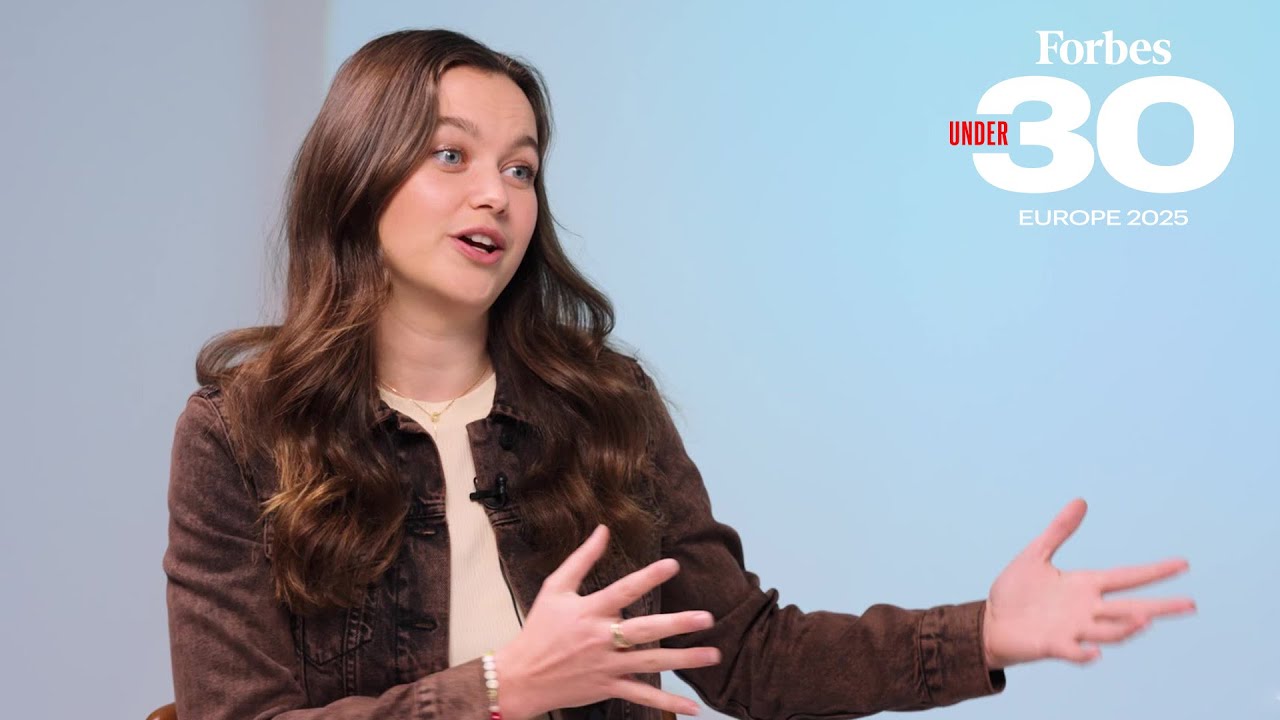Emidot, co-founded by Lisa Oberina, offers AI-supported software that helps manufacturers quickly and accurately assess and disclose the embodied carbon of construction materials, addressing the construction industry’s push for sustainability. The platform automates data collection and verification, enabling companies to meet regulatory and market demands for environmental transparency, with plans to further leverage AI for enhanced automation and proactive product improvement.
Lisa Oberina, co-founder of Emidot, discusses the company’s focus on reducing embodied carbon in construction materials such as steel, concrete, and glass. Emidot provides software that helps manufacturers input raw data, perform life cycle assessments (LCAs), and generate environmental product declarations (EPDs). This enables manufacturers to showcase the environmental performance of their products to customers, addressing increasing demand for sustainability data in the construction industry.
The motivation behind Emidot stems from the significant impact of the construction sector on global greenhouse gas emissions, accounting for nearly 40%. Oberina highlights that while operational carbon reduction (like heating and cooling) has been prioritized, embodied carbon—emissions from raw material production and transportation—remains a major, yet under-addressed, contributor. Her team aims to make it easier and faster for manufacturers to produce verified environmental data, which is crucial as regulations and customer expectations around embodied carbon tighten.
Initially, Emidot targeted architects and planners, believing they had the most influence early in the building design process. However, after extensive conversations, they pivoted to focus on manufacturers, as these companies face urgent pressure from clients to provide environmental data. Emidot developed a platform that automates data collection and generates verified declarations, reducing the time and cost from about a year to just a week, making it a more practical solution for large product portfolios.
AI plays a supporting role in Emidot’s platform, primarily in structuring unstructured data, extracting information from PDFs of existing EPDs, and matching environmental data with building models. While AI is not the core of their technology, it helps streamline data collection, improve accuracy, and facilitate benchmarking. The company sees AI as an opportunity to further automate and enhance the efficiency of their processes, especially as the volume of available environmental data continues to grow.
Oberina emphasizes the importance of regulation and market demand in driving adoption of sustainable practices. In Europe, regulatory pressure and proactive corporate strategies are pushing manufacturers to adopt Emidot’s solutions, whereas in the US, demand is more driven by corporate commitments and technological leadership. She also notes that being a young female founder in this industry is an advantage, as it aligns with the industry’s shift towards sustainability and innovation. Looking ahead, Emidot plans to expand how their data is used, helping clients improve products proactively before regulations require full transparency, ultimately fostering a competitive environment based on environmental performance.
